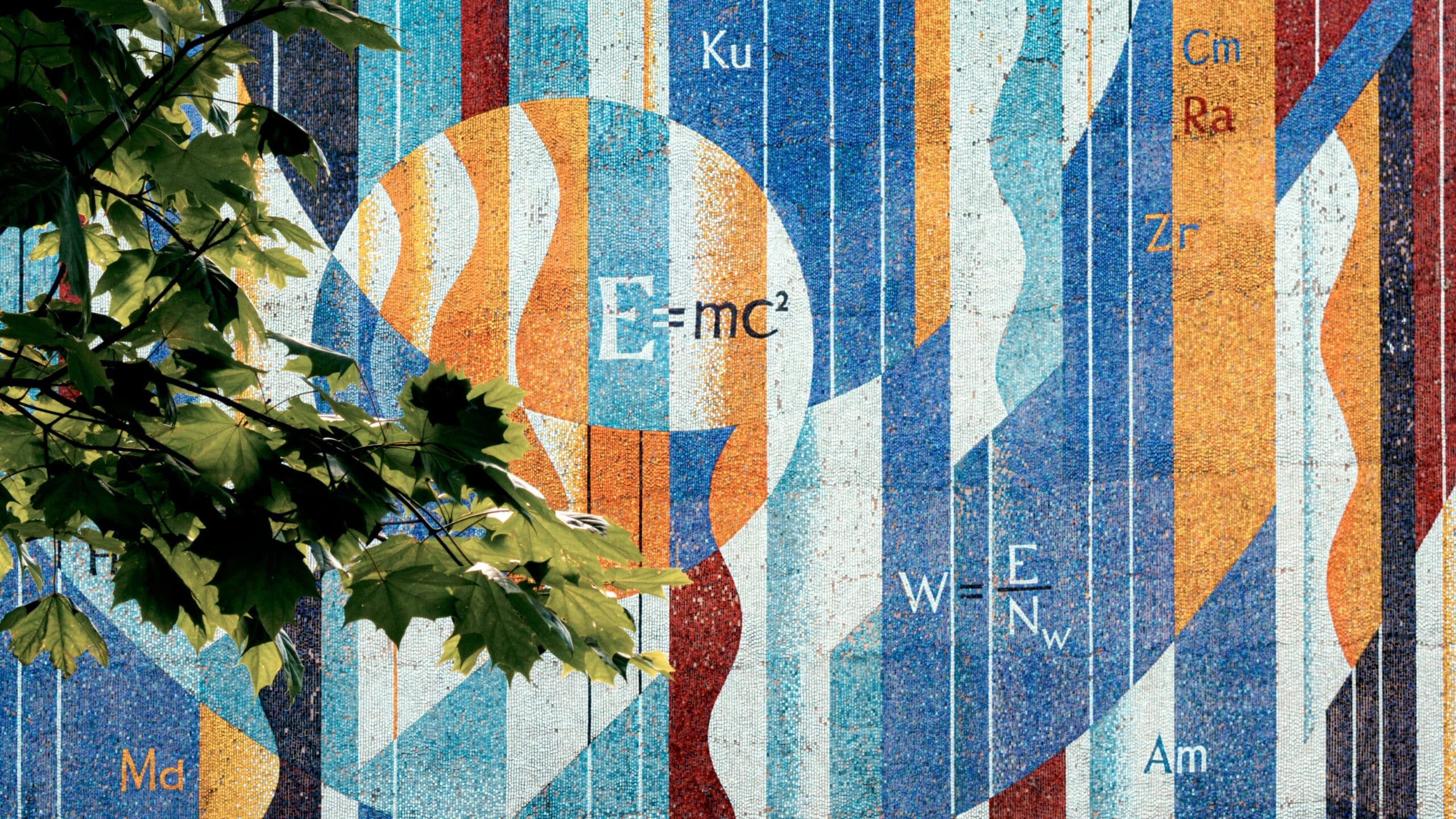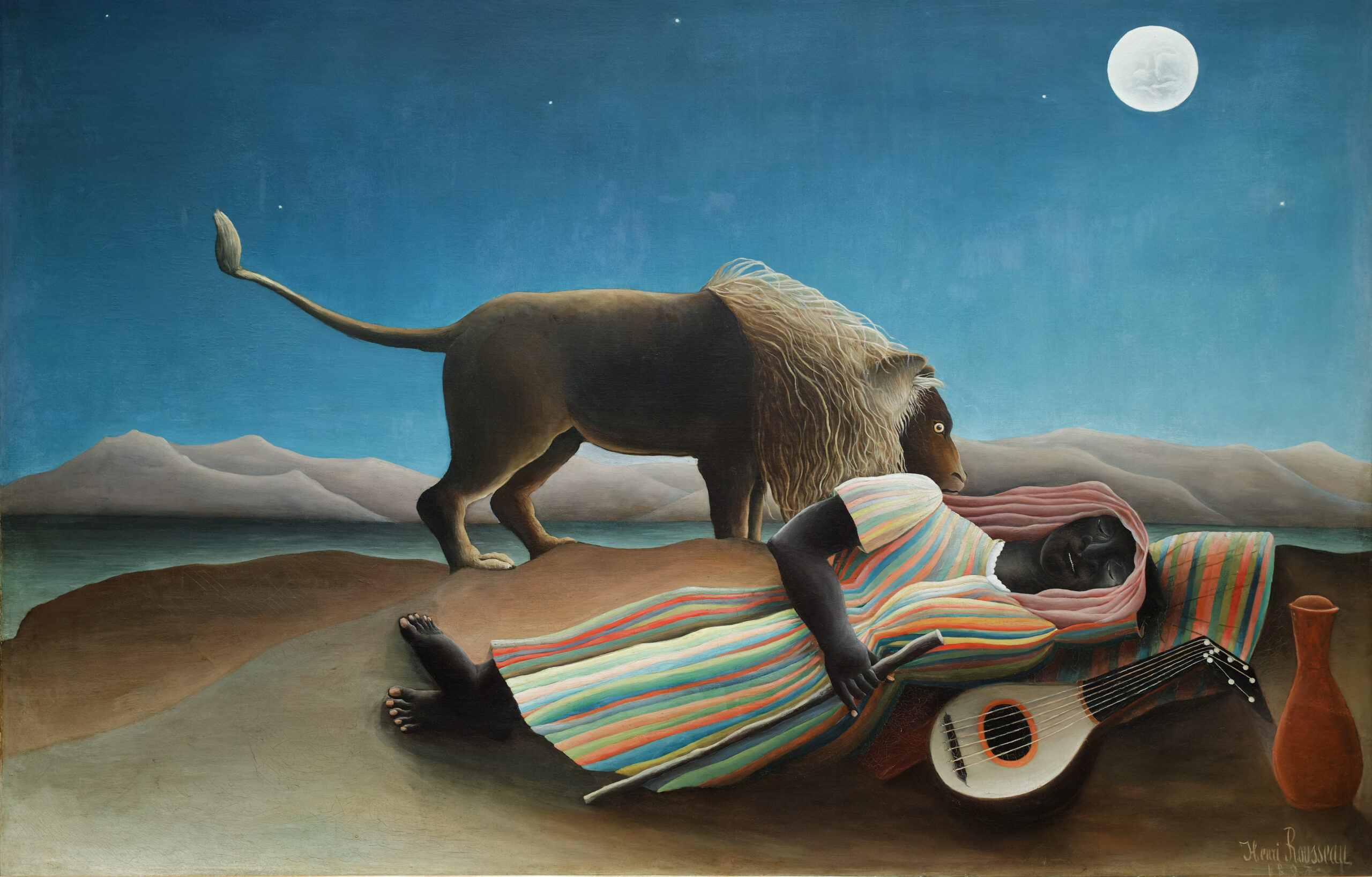
Is Life Real? A Perspective From Quantum Mechanics
A dream is a personal, one-on-one experience that only the dreamer remembers. Making sense of dreams is similar to making sense of life because everyone has a different experience of the world. As scientists gather pieces of data to understand life, it may seems like science is the best way to reach a consensus about this question: is life actually ‘real’?
Michael Strevens, a philosopher, wrote about the “iron rule of explanation” in his book “The Knowledge Machine.” This rule says that disagreements can be settled by making repeated observations and tests. But it’s hard to get rid of disagreements, even in physics, which is the basis of science. The most thoroughly tested theory of science is in fact, quantum mechanics, a mathematical model of how matter works at very small scales.
It was Eugene Wigner who, in 1961, suggested a thought experiment that was like Schrodinger’s cat. This led to the rise of a newer theory about quantum physics called QBism, which is pronounced “Cubism,” like the art movement. It says that subjective experience is the basis of both knowledge and reality.
QBists believe that mind and matter exist together, they also reject solipsism, the idea that no sentient being can be sure that another sentient being is conscious. Basically, QBism believes that the idea of “a single objective reality is an illusion.” Supporters argue over definitions, and scientists and philosophers who value objectivity don’t agree with QBism at all. All of this disagreement, ironically, seems to support the idea behind QBism that there is no such thing as total objectivity; there are only first-person, subjective points of view.
This might lead many to come to the conclusion that trying to understand existence is pointless. Especially when there is so much uncertainty even from the scientific community. And during moments like this, philosophy might urge us to enjoy life instead of worrying about proving its existence. For perhaps what is more important is that we discover what our ‘dream’ means every once in a while; rather than worry about the science of dreaming.



